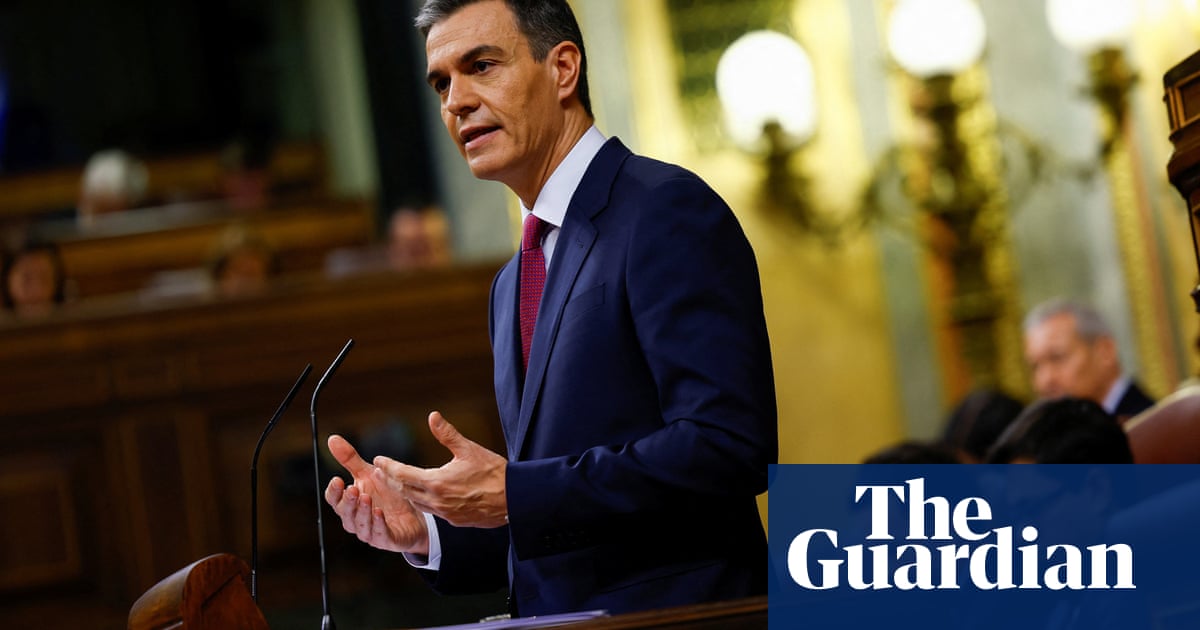
s of today, Amnesty International will no longer be able to work inside India. Following years of official threats, intimidation and harassment, Amnesty India’s accounts have been frozen without any official notice. The human rights research and campaigning our colleagues were carrying out has come to a sudden halt. They have had their means to make a living snatched from them. And the millions of people who were helped by their work will no longer have a powerful voice to amplify their own calls for justice.
This decision was not motivated by any question of law, as the Indian authorities now claim. It is not about Amnesty India’s sources of funding, which are entirely legitimate and involved no lawbreaking. This is punishment for standing up for humanity’s core values in the world’s largest democracy.
The bank accounts were frozen in the wake of two major human rights reports – one on the Delhi riots this year, where Amnesty India documented police complicity in the violence against Muslims, and another on the arbitrary detentions and internet restrictions that endure in Kashmir, a year after it was stripped of its special status. Both reports carried findings that were also confirmed by other independent observers.
But to the Indian authorities, the facts no longer matter. Instead of studying the reports and acting on their recommendations, the authorities have finally lost patience with a human rights organisation that insists on repeatedly and forcefully speaking the truth. Over recent years, Amnesty India has documented and campaigned against human rights abuses against women online, against children sexually abused at school, against the victims of caste discrimination, against health workers denied protection during the Covid-19 pandemic, and against Muslims killed in the streets for their faith, or pushed to the brink of statelessness under a law United Nations (UN) experts have denounced as “fundamentally discriminatory in nature”.
These efforts are not part of some sinister plot to tarnish India’s reputation, as some government officials now comically allege. It is work that is inspired by India’s own traditions. India was one of the original UN member states to vote for the Universal Declaration of Human Rights. Hansa Mehta, an Indian women’s rights champion, was among the select few who drafted the landmark document. As Indian courts have repeatedly stated, these same values are enshrined in India’s own constitution, which Mehta also helped draft, and are guaranteed by the many human rights treaties that India has voluntarily signed up to. Unapologetically standing up for these values, Amnesty India is a fully independent organisation, working for Indians and supported by Indian members.
Moreover, Amnesty impartially holds governments across the world to the same standards. In China, for example, we have led a global campaign to highlight the persecution of Uighurs and other Muslim groups in Xinjiang. Our research has revealed the abuses of a criminal justice system that is not worthy of the name, blighted by the use of torture, grossly unfair trials, and thousands of executions carried out annually. And we have documented and spoken out against Beijing’s intensifying crackdown on freedoms in Hong Kong.
In Pakistan, we have long campaigned against enforced disappearances, where people are wrenched away from their loved ones and not seen or heard from again for weeks, months, even years. We have spoken out against the silencing of Pakistani journalists, through censorship and physical attacks. We have defended the human rights defenders who are subject to harassment, intimidation or a fate even worse. And we have stood by religious minorities who are menaced by mobs and shown little protection by the state, whether it is people charged under the blasphemy laws, Hindu women kidnapped and forcibly converted, or the Hindu worshippers denied a temple in the capital, Islamabad.
India once prided itself on standing apart from the rest of the region, avowing a long tradition of tolerance and pluralism. This was a tradition not inspired by the west, but in defiance of it. It was evident in the freedom struggle against the British, when Indian activists like Mehta were imprisoned for their peaceful beliefs under draconian laws and protests were crushed with violent impunity. And it was a tradition that gave birth to a raucous free press and countless social movements, including trade unions, women’s rights groups, indigenous and Dalit rights activists, all vigorously holding the Indian state to account.
These traditions now lie imperilled. Under the present administration, critical journalists have been squeezed out of their jobs while brash, pro-government voices dominate the airwaves. Minorities have been hunted down in the streets by mobs and demonised by the government. Students, academics, lawyers and activists have been arrested and detained under “anti-terrorism” laws for their entirely peaceful activities.
Last week, Prime Minister Modi told the UN that India covets a permanent role on the security council. Making his case, he spoke of how the UN’s “founding ideals” were the same as India’s. What he didn’t speak of was where those ideals articulated by Mehta and others stand now, or how they have been betrayed. India today doesn’t figure among the leading defenders of human rights in the world, as it could have, but has instead claimed a place alongside states that fear the presence of independent and critical human rights organisations, eager to ensure there is no one left to bear witness and speak out.
• Rajat Khosla is senior director for research, advocacy and policy at Amnesty International












